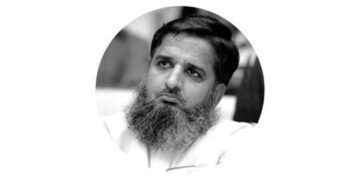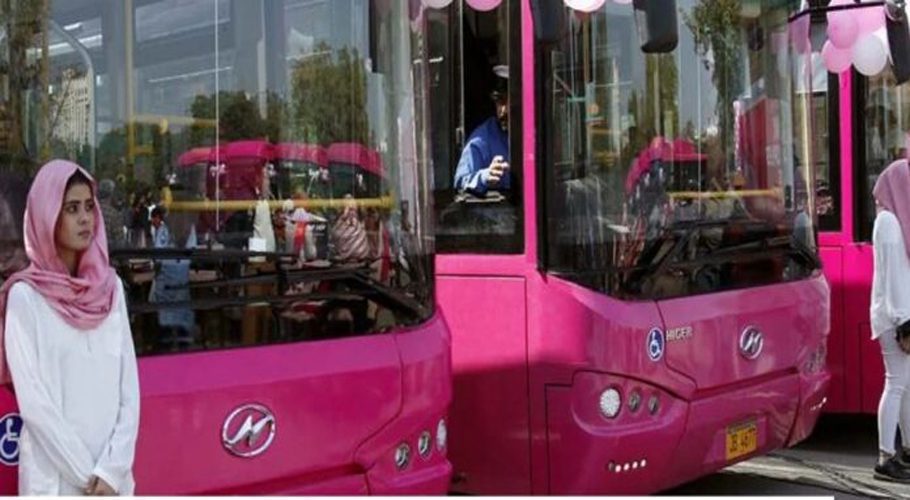![]() Follow Us on Google News
Follow Us on Google News
Healthcare in Islam
Opinion
April 17, 2024
- Dr. Muhammad Shahbaz
March 19, 2024
- Riyatullah Farooqui
March 17, 2024
- Ambassador Dr. Jamil
No posts found
Is Dubai’s storm coming to Pakistan?
The United Arab Emirates (UAE) witnessed extensive flooding on Tuesday when storms unleashed more...
Chicken price reaches Rs495 per kg amid poultry traders’ strike
Poultry prices in Punjab have skyrocketed as the Punjab Poultry Traders Association initiated a...
New Pink Bus routes announced for Karachi
KARACHI: Sindh Minister for Transport and Mass Transit, Sharjeel Inam Memon, has announced the...
MM Digital (Pvt.) Ltd.
MM News is a subsidiary of the MM Group of Companies. It was established in 2019 with the aim of providing people of Pakistan access to unbiased information.
Contact Details: 03200201537

















